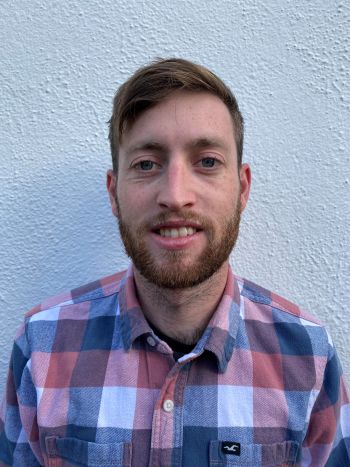Q&A with Cian Gavin
(opens in a new window)cian.gavin@ucdconnect.ie
 What are the key points of your research synopsis?
What are the key points of your research synopsis?
My research looked at Huntington’s disease, a genetic brain disorder that causes problems with movement, cognition, and mood. I focused on two main questions: how lowering the harmful huntingtin protein affects the brain, and whether combining this approach with an existing drug could make treatments more effective. I found that lowering the harmful protein early, before symptoms appear, works best. It not only improved movement and memory in mice but also helped restore balance in key brain pathways. I also tested the diabetes drug metformin, which improved some memory and behaviour problems on its own. However, when combined with protein-lowering treatment, the two did not provide extra benefit. Overall, my work shows that timing is critical for huntingtin-lowering therapies and highlights biological processes that could be targeted in future drug combinations.
Could you share some highlights of your experience as a PhD student?
One of the biggest highlights of my PhD was being able to contribute to new knowledge about Huntington’s disease. I really enjoyed developing new skills, from advanced proteomics to behavioural testing in mouse models. I’d also say collaborating with colleagues and presenting my work at both national and international conferences were rewarding experiences, because they pushed me to communicate complex science clearly. And of course, the challenges along the way helped me build resilience and independence as a researcher.
What advice would you give to someone considering undertaking a PhD?
I’d suggest choosing a project that genuinely excites you and a supervisor you feel supported by, because this will carry you through the tougher times. It also helps to join a well-established lab with the right technical expertise for your project. Be prepared for setbacks — experiments don’t always work — but that’s where you really grow in problem-solving and resilience. And finally, make the most of the journey: build your network, develop transferable skills, and don’t be afraid to ask for help. Collaboration and support make all the difference.
What were some great aspects of pursuing your PhD at UCD?
One of the highlights of pursuing my PhD at UCD was being based in the Conway Institute. The sense of community there was fantastic — having researchers from different disciplines working side by side created a really collaborative and supportive environment. I benefited not just from the excellent facilities and training opportunities, but also from the day-to-day interactions with colleagues, which made the experience both productive and enjoyable.